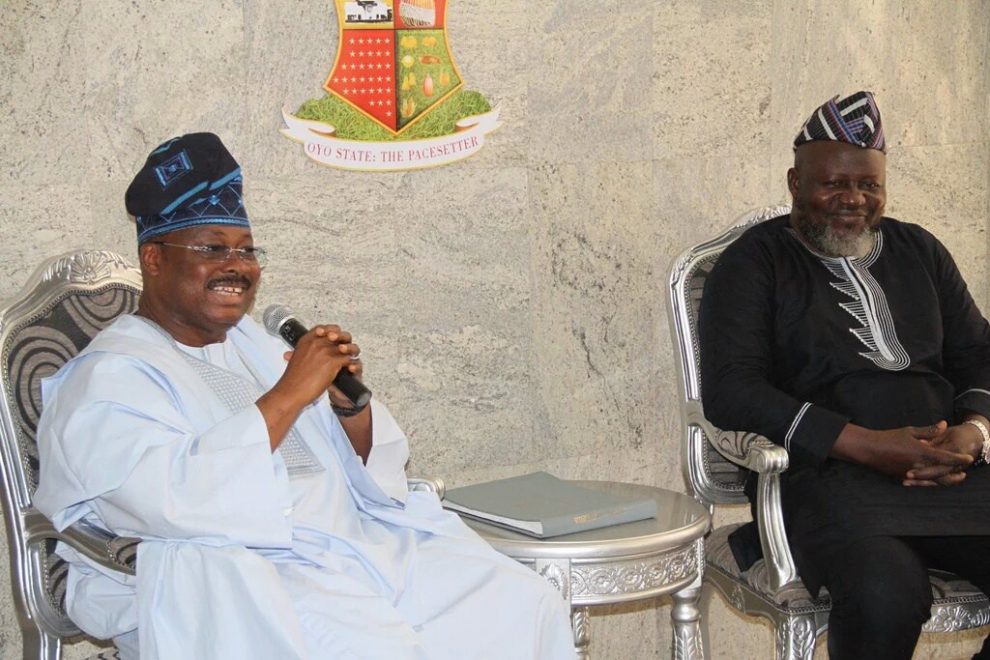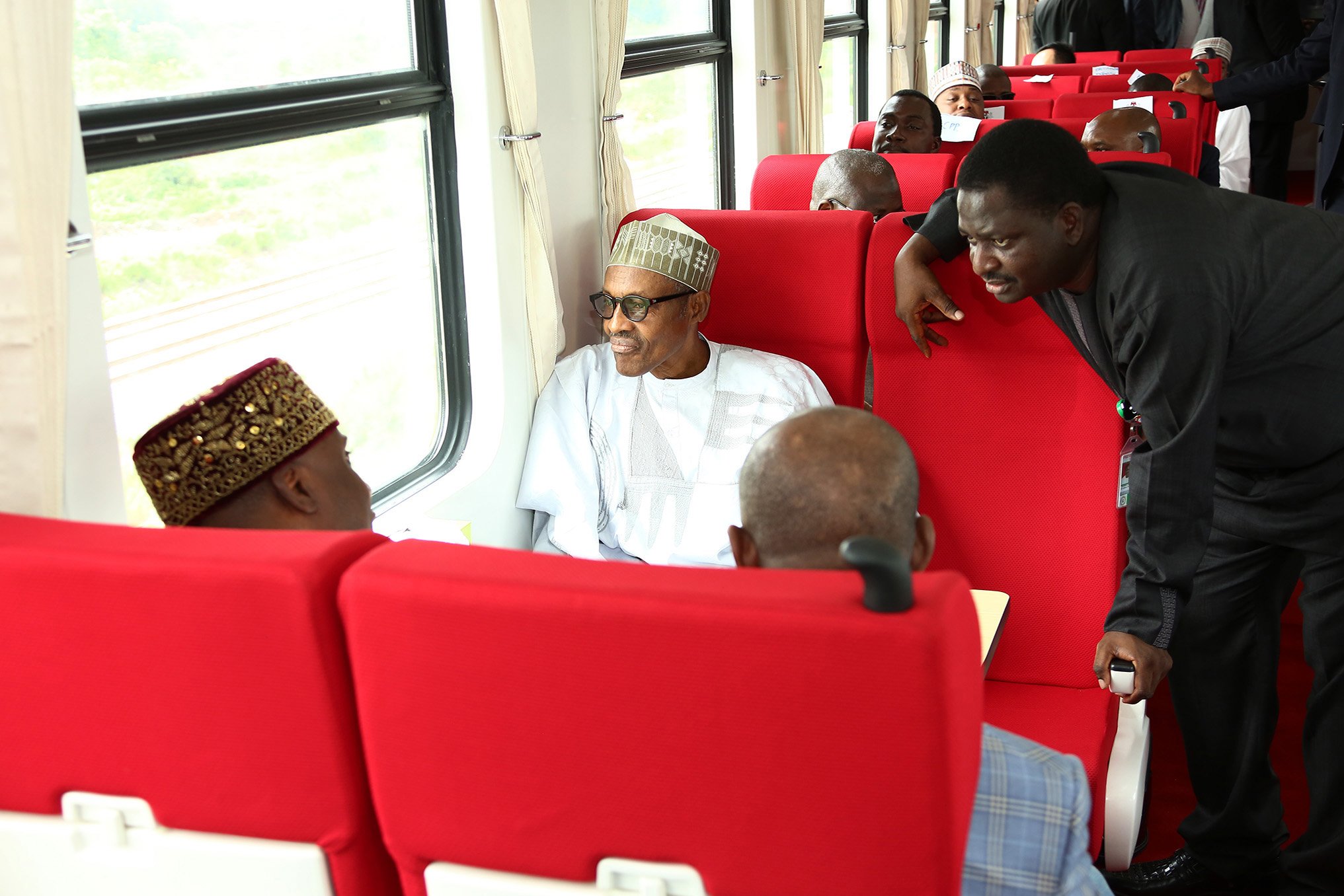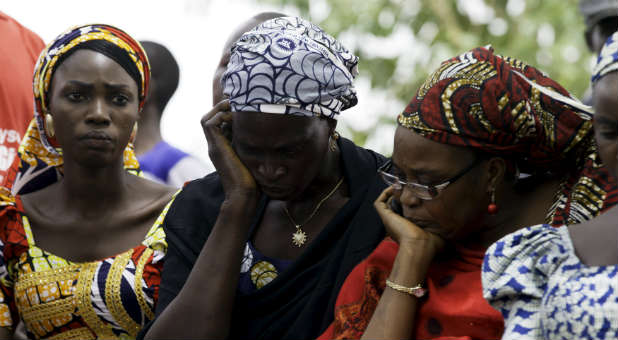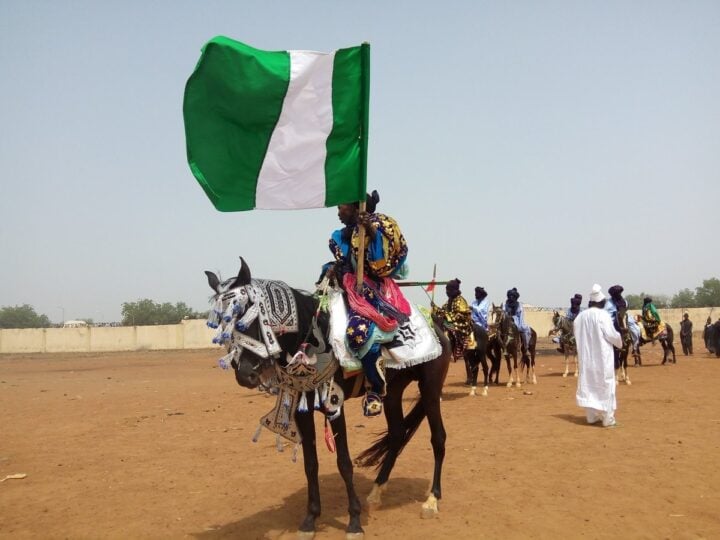BY JOMO IROHA
The term “Nation-Building” is both old and new. It was fashionable in the 1960s, and it is taking a back seat right now. “Nation-Building” always has been a highly complex term, encompassing the description of historical experiences, a set of assumptions about “development” of Third World societies, and the policies of Governments North and South that were driven, among other considerations, by the desire to control and expand their own power. These and other aspects and contradictions of terminology still cloud the discussion about Nation-Building today.
The historical debate about Nation-Building had been closely linked to De-Colonization, especially in Africa, and then spread to other areas and policies, like being applied to Vietnam during the Vietnam War. After the USA left Indochina and with de-colonization mostly completed, “Nation-Building” lost its appeal, both politically and academically. Now, after the end of the Cold War and the break-up of the Soviet Union, the concepts and terminology of Nation-Building are experiencing a revival.
In quite a few cases, we are witness to processes that actually do build state structures or Nations, often on the ruins of their predecessors. In other instances, we observe states and multi-ethnic or more homogeneous societies fall apart and break up, sometimes resulting in situations of civil war and chaos: “failing states”. These cases have brought about a new desire at “Nation-Building”, both internally and internationally. This term has been applied to very many countries during the last decade: Haiti, Palestine, Somalia, Bosnia, the Kosovo, several successor-countries of the former Soviet Union (e.g. in Central Asia), Afghanistan, South Africa are only well-known examples.
The question of Nation-Building, therefore, again is of importance – either because it is taking place, or because the lack of it is perceived as a key factor in creating chaos and war.
Advertisement
Historically, we can observe that out of several and quite diverse forms of rule and governance along tribal, feudal, personal and other lines “modern” states (and a corresponding state system) have evolved, which generally are centered around bureaucratic rationality. This trend was linked to a tendency that transferred very diverse and localized societies into “Nations” – that is, integrating groups and communities of people and societies into political entities. The preliminary result was the preeminence of the “Nation-State” as the model and norm of political organization. Nation-Building has been and often still is an ongoing process in numerous societies. It can take decades, or even centuries to be completed, and the process may be relatively peaceful or dramatically violent.
Sustainable Nation building is linked to specific political preconditions, like a functioning national government and state as agents of change and development. Also seen as crucial was an integration of societies along “national” lines, and the overcoming of “pre-modern” or “primordial” communities, often sweepingly termed “tribal”. In this sense, Nation-Building is a strategy to economic and political development. In recent years, Nation-Building often is perceived not just as a strategy to economic development, but also to political stability, especially in post-conflict situations.
Nation-Building can be an approach to political dominance. This often is an aspect of the two points mentioned before, but is brought up as a separate argument here for its political importance.
Advertisement
Where the problem lies
Presently, many classical tools for a sustainable nationbuilding in Africa seem to be lacking. But then, empirically, Nation-Building is still taking place, despite the apparent lack of key preconditions. How do we have to reconsider or reconceptualize Nation-Building under conditions of Globalization? Or is it just a flight from reality to the former days of 19th century Nationalism, into a dream world of national independence, self-sufficiency and nationalist ideology?
Globalization is not raising serious questions about Nation-Building on a very abstract level.
Advertisement
Views expressed by contributors are strictly personal and not of TheCable.
Add a comment






